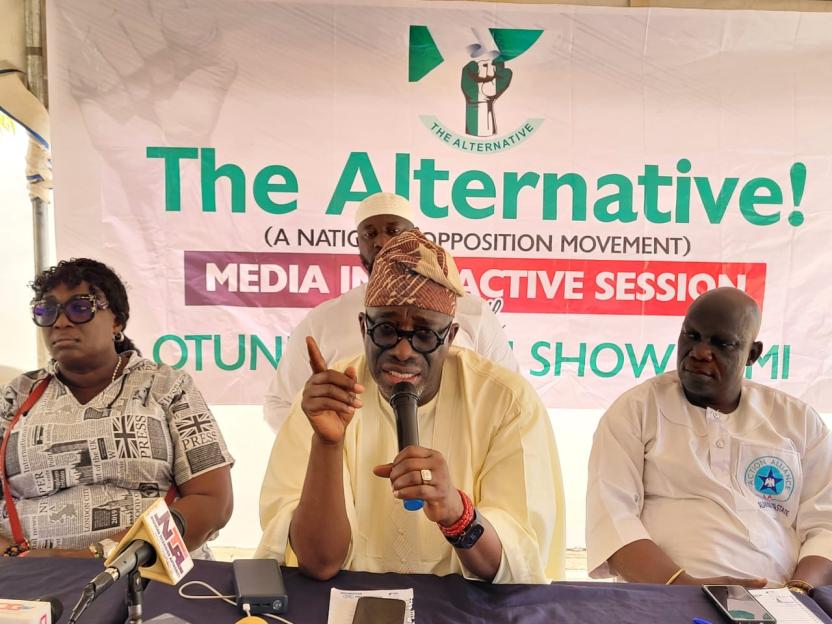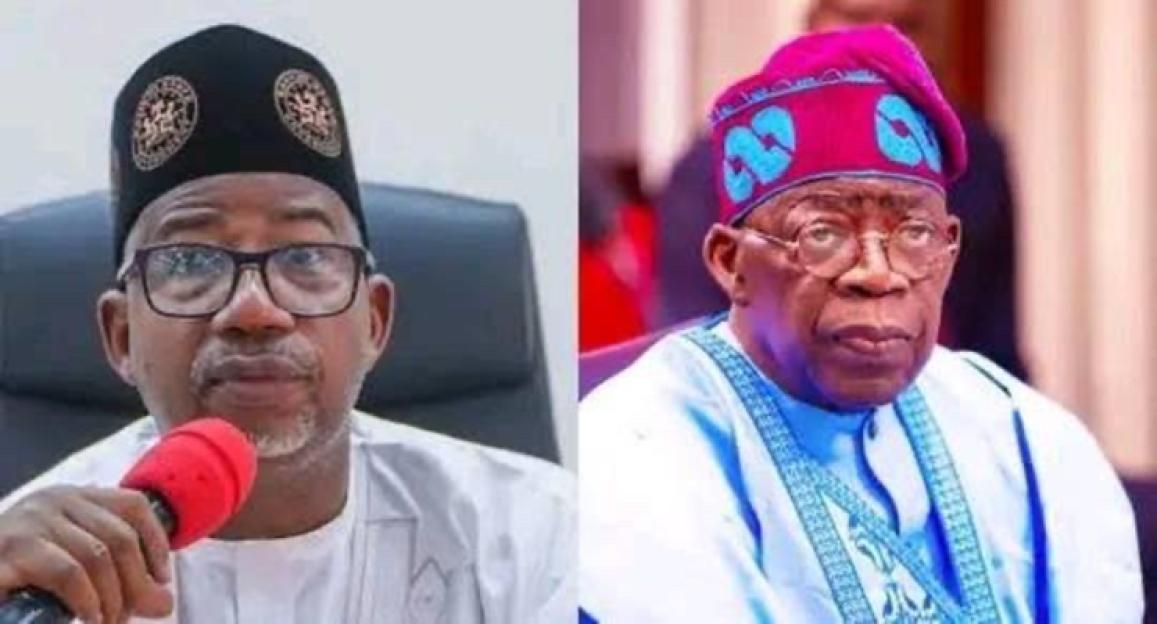A human rights lawyer and activist, Barrister Christopher Chidera, has called for sanctions against judges who oppress Nigerians through the reckless issuance of ex parte orders.
The demand follows the one-year suspensions handed down to three judges by the National Judicial Council, NJC.
The suspended judges are Justice Jane E. Inyang of the Uyo Division of the Court of Appeal, Justice Inyang Ekwo of the Abuja Division of the Federal High Court, and Justice Aminu Baffa Aliyu of the Zamfara Division of the Federal High Court.
The judges were sanctioned for various acts of judicial misconduct.
In a statement made available to journalists in Abuja on Tuesday, Christopher Chidera emphasised that wearing judicial robes does not place anyone above the law. According to him, the Appeal Court justices who upheld the ex parte order that proscribed the Indigenous People of Biafra, IPOB, issued by the late Justice Adamu Kafarati, should also be held accountable.
Chidera decried the prevailing situation in the Nigerian legal sector, where ex parte orders are issued without notice to the opposing party. He described the practice as a dangerous tool in the hands of corrupt judges, who use them as weapons of oppression, manipulation, and political vendetta.
He noted that the abuse of ex parte orders in Nigeria’s judicial system is a festering wound that threatens the very foundation of justice, fairness, and the rule of law.
The lawyer appealed to relevant authorities in the judiciary, including the National Judicial Council, to rid the system of those who treat ex parte orders as tools for personal enrichment or political expediency.
Chidera stressed that sanctions on such judges would restore public confidence in the courts.
Parts of the statement read: “I urge the National Judicial Council, under Justice Kekere-Ekun’s leadership, to intensify its efforts to discipline erring judges and restore public confidence in the courts.
“I commend the Chief Justice of Nigeria, Justice Kudirat Kekere-Ekun, for her bold stance against the malicious use of ex parte orders. Her zero-tolerance policy for corruption and her warnings against frivolous ex parte orders, as articulated during her Senate confirmation and subsequent public statements, are a beacon of hope for a judiciary in dire need of reform. Justice Kekere-Ekun’s leadership has already borne fruit, as evidenced by the suspension of corrupt judges like Justice Inyang Ekwo, whose actions have tarnished the judiciary’s image.
“If Ekwo can face sanctions for his misconduct, then the Appeal Court justices who upheld the illicit ex parte decree issued by the late Justice Kafarati must also be held accountable. No one is above the lawânot even those who wear judicial robes.
“The abuse of ex parte orders is not a mere procedural flaw; it is a systemic menace that empowers corrupt judges to subvert justice, silence dissent, and perpetuate state-sponsored oppression. I call on fellow Nigerian lawyersâcitizens, civil society, the media, and the international legal community to demand an end to this judicial tyranny.
“The judiciary must be purged of those who treat ex parte orders as tools for personal enrichment or political expediency. I urge the National Judicial Council, under Justice Kekere-Ekun’s leadership, to intensify its efforts to discipline erring judges and restore public confidence in the courts.
“The dangers of unregulated ex parte orders are manifold. They breed unfairness by denying the affected party the fundamental right to be heard, creating a one-sided judicial process that undermines the principles of equity and transparency.
“Such orders open the door to abuse, allowing corrupt judges to issue rulings based on incomplete or manipulated information, often in service of powerful interests or personal gain.
“When judges issue ex parte orders without rigorous scrutiny or adherence to legal standards, they transform the courts from bastions of justice into instruments of oppression.”;
The human rights lawyer said the Nigerian judiciary must rise as the true last hope of the common man, not a playground for corrupt judges and their political patrons.
Recounting how the late Justice Abdul Kafarati proscribed IPOB based on an ex parte motion, Chidera said,
“The case of the Indigenous People of Biafra (IPOB) and its leader, Mazi Nnamdi Kanu, exemplifies this travesty.
“The Federal High Court, in a ruling by Justice B.F.M. Nyako on March 1, 2017 (Suit No: FHC/ABJ/CR/383/15), explicitly declared IPOB neither unlawful nor proscribed, stating: “The prosecution has not placed any evidence in the proof of evidence to show that the society Indigenous People of Biafra (IPOB) is an unlawful or proscribed society.
“This judgment remains unappealed and binding. Yet, in a shocking display of judicial corruption, the Buhari-led administration, unwilling to accept this lawful verdict, resorted to a backdoor ex parte order from the late Justice Abdul Kafarati to proscribe IPOB. This was not justice â it was a deliberate perversion of the rule of law, achieved through secrecy and manipulation to criminalise the activities of a peaceful movement.”;







